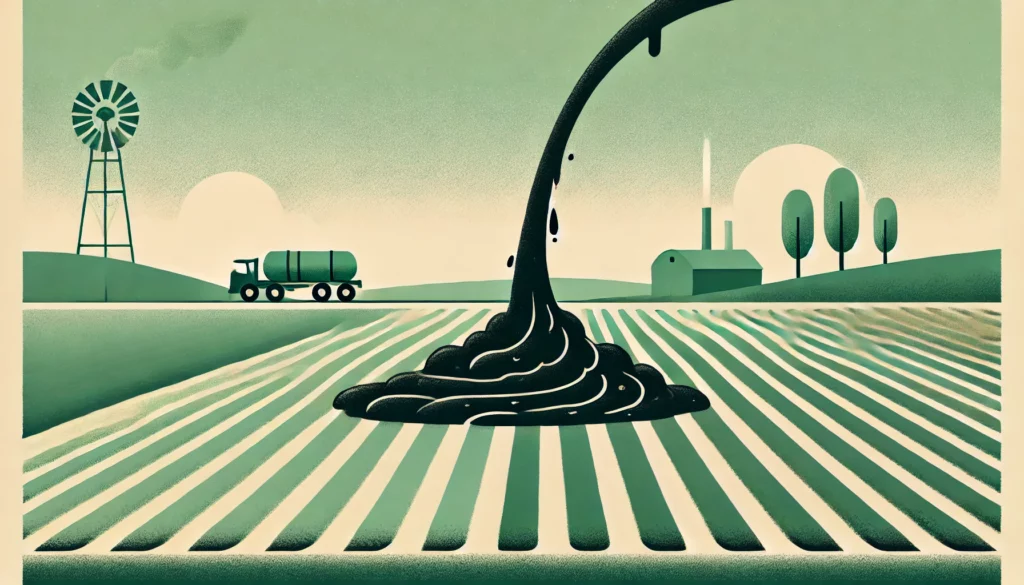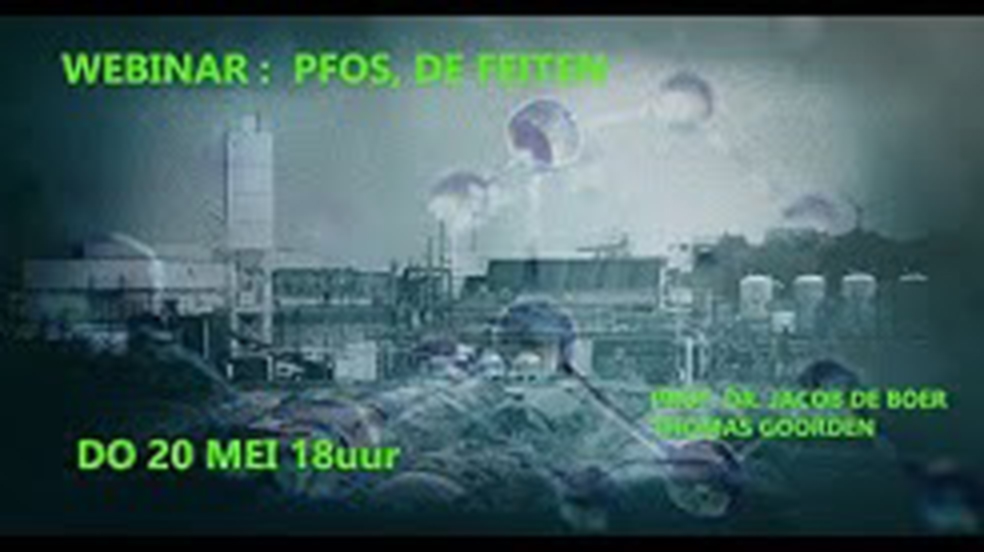10.10.2024 | Fundamental right
PFAS pollution: Wallonia limits the use of sludge from wastewater treatment plants as agricultural fertilizer
The Walloon government on Thursday took a series of measures to limit the amounts of sludge from urban wastewater treatment plants used as agricultural fertilizer.
In response to PFAS contamination, the Walloon government is restricting the use of sludge from urban wastewater treatment plants as a fertilizer in agriculture from January 2025. Although an audit of 443 plants found mostly low PFAS levels, significant PFAS traces were found in 64 plants. In the absence of European standards for PFAS in wastewater and fertilizers, the Walloon government is opting for a precautionary approach with temporary restrictions.
Core measures
The new rules limit the amount of sludge that can be used to 6 tonnes of dry matter per hectare over three years (previously 12 tonnes). Specific PFAS target values are set: a maximum of 40 µg/kg dry matter for six priority PFAS and 400 µg/kg for the sum of 22 PFAS. If these values are exceeded, the sludge batches in question may no longer be used in agriculture and must be incinerated after re-inspection. In addition, installations that exceed the PFAS limit values twice will have to report monthly and adhere to six consecutive, approved test results before they can supply fertilizer again.
Enhanced supervision and long-term approach
The SPGE is conducting a second audit of both the treated water and the sludge, and will specifically monitor 42 installations closely for six months. According to Minister Yves Coppieters, these precautionary measures are essential to limit the impact of PFAS in the environment. In addition, there is collaboration with the Office International de l'Eau to scientifically substantiate the PFAS standards.
With these measures, Wallonia is anticipating stricter future European directives and scientific insights on PFAS management, with which the region is proactively committed to protecting both the environment and public health from these “eternal” chemicals.
https://www.rtbf.be/article/sous-estimation-des-resultats-des-analyses-pfas-le-ministre-wallon-de-la-sante-explique-les-consequences-pour-les-citoyens-concernes-11438944



